“Pattern Recognition, And Observation. Two Important Tools On The Road To Recovery From Anxiety.”
Anxiety tends to naturally cause tiredness. It can result in high as well as low levels of fatigue and leave a person significantly drained. Some people may be exhausted all through the day, while others may experience tiredness only after an anxiety attack. There are many other sufferers who experience intense fatigue and often find that they require longer hours of sleep or feel that they cannot carry out the daily routine due to their severe exhaustion.
There are many reasons for fatigue due to anxiety. Below are 5 signs that show that the two are connected:
1. The crash
people with anxiety often experience a crash after an anxiety attack or an overly stimulating event. This is mainly due to the fact that adrenaline gets drained. Anxiety is a state of high alert and the body behaves as if it is getting ready for a fight. This causes the body to get flooded with energy so that there is preparedness to fight or run away from any kind of danger.
But the fact is that there is really no imminent danger and since no threat arrives, the adrenaline gets over and the body experiences a crash, thereby leading to tiredness and fatigue due to anxiety.
2. Mental exhaustion
Mental exhaustion is one of the primary reasons for fatigue due to anxiety. In some cases, exhaustion can be purely mental. This is because the brain can also exhaust itself of strength just like muscles. Anxiety can trigger several stressful and rapid thoughts, and cause the brain to become excessively active. All this unwanted hard work can tire the brain and lead to a point where it requires a rest.
Anxiety can also trigger short-term or clinical depression. This is more so just after an attack. Depression can fully drain all energy from the body and this can eventually pose great difficulties in remaining active for the rest of the day.
3. Tensing up of muscles
Progressive muscle relaxation is an exercise which helps relax the body. The exercise involves tensing up each muscle one by one till every muscle in the body gets really tense. This tension can be so exhausting that all the energy in the muscles run out and leads to relaxation.
Anxiety is marked by increased muscle tension across the day and it can subsequently result in a ‘drained’ body feeling that is similar to the end result of the exercise. This drained feeling can be termed as fatigue due to anxiety.
4. Coping
Increased tiredness is one of the ways in which the body copes so as to prevent extreme stress. Tiredness allows for rest in a manner that stress does not. The bodies of some people are attuned to purposefully get tired so as to ensure that anxiety does not become too overpowering.
5. Sleep problems
People who suffer from severe anxiety and stress also develop very severe sleep issues (and have lots of sleep debt). They can wake up at any time during the night for no relevant purpose. This can lead to decreased amounts of quality sleep, natural exhaustion, and fatigue due to anxiety.
Anxiety comes with many faces and many time we don’t think that certain neurological issues or somatic issues can be caused by anxiety. The truth is it can, and since you now know this you can set a strategy in place to slowly begin to heal your mind, body, and spirit.

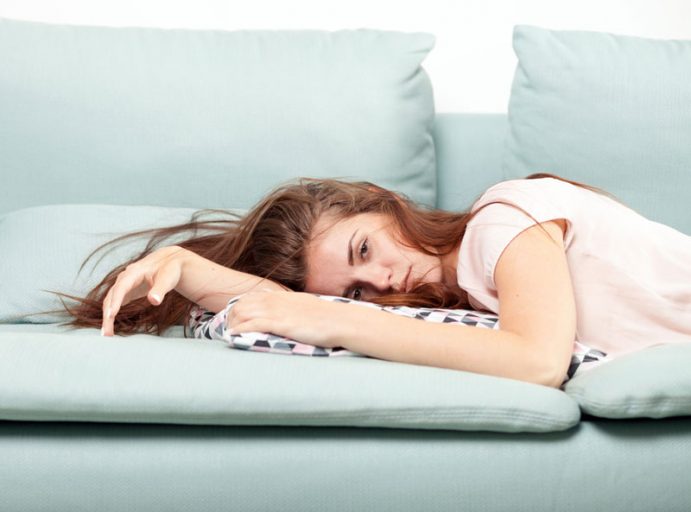
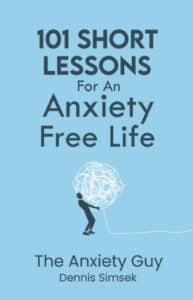

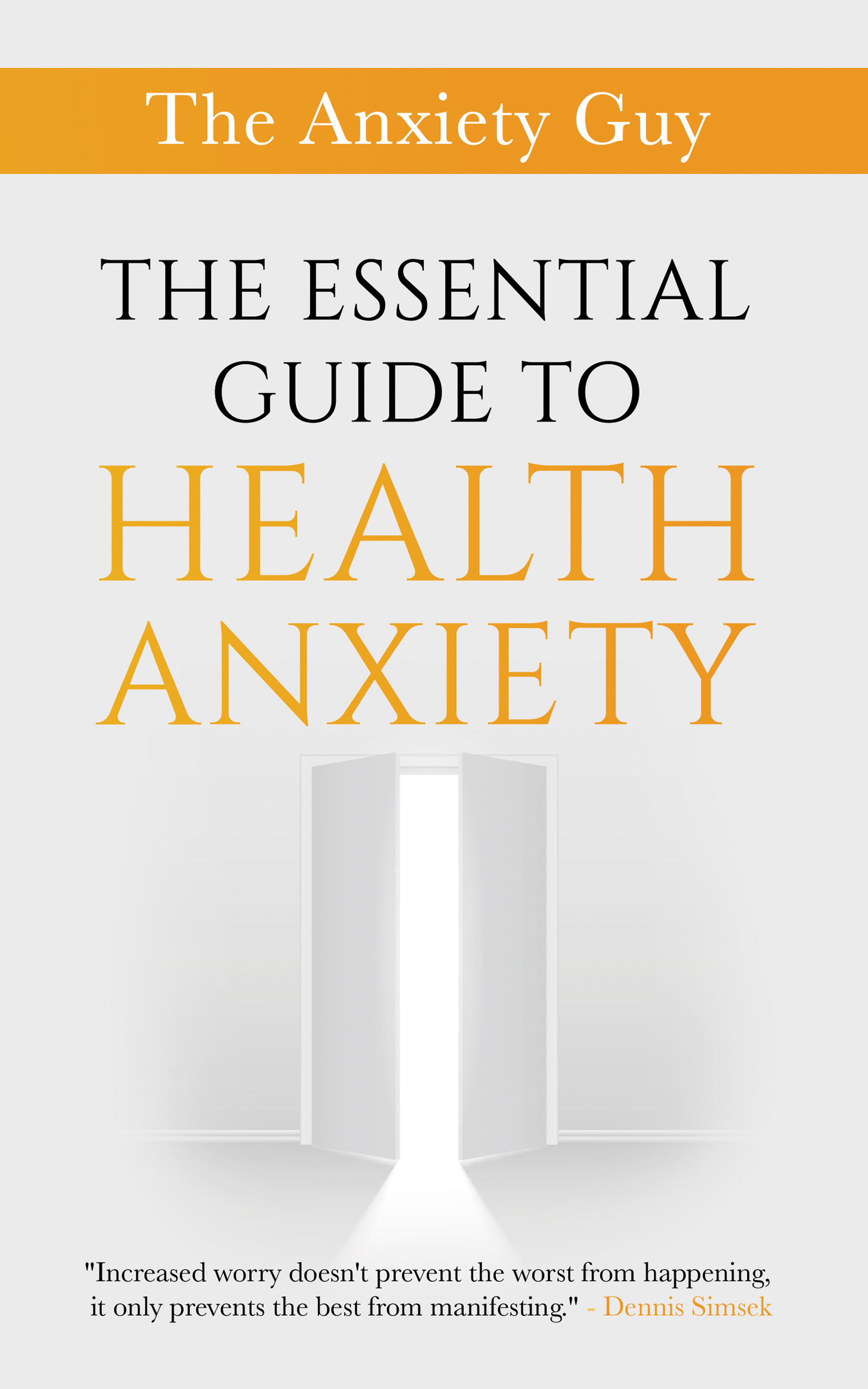
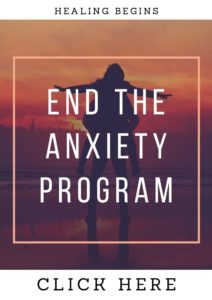
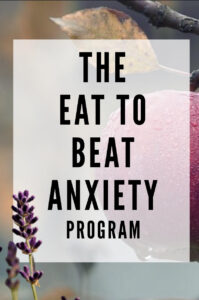





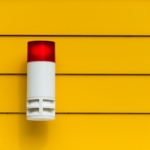





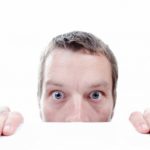

Having got through 12 months of severe and frequent panic attacks, mainly thanks to The Anxiety Guys pod casts and videos. I am now in a much better place, however as I’ve cut out caffeine I feel utterly depleted in the evenings and to top that I have an issue with my digestion which causes serious bloating. Despite following an elimination diet and practices of yoga and mindfulness, these two things are triggers for a contstant feeling of being over sensitive and tense (anxious) and are reminders of an on coming attack. I find it very difficult to ignore these symptoms and I’m worried they will cause a relapse. Please help.
Sara you’ll need some accountability and a deeper look into the problem areas. The program on this page is a great start and the fundamentals of a healthy system comes down to HALT – hunger, anger, Loneliness, and tiredness. With these fundamentals in play you’ll need skill sets based around CBT and nlp that can neutralize your emotions in moments of inner crisis.
After reading this piece, I was totally convinced that anxiety and fatigue are much related. Personally, I feel tired whenever I undergo anxiety. I’d like to know if there are possible means of getting rid of the weakness that follows fatigue,
The body always plays catch-up to the mental and emotional changes a person goes through. So expect fatigue and such in the beginning of your recovery over anxiety.
It was very informative when you said that people who are suffering from intense stress and anxiety tend to wake up in the middle of the night for no apparent reason. I guess I can say this is true since my sister started waking up in the middle of the night after we lost our dad. It might be a good idea to take her to the professional to confirm if she is stressed or anxious. Thank you for sharing.
Very welcome thanks for contributing.